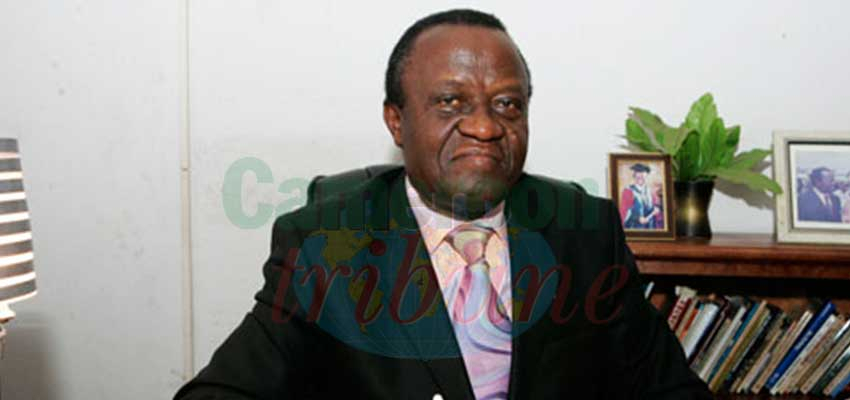Sovereign Interaction
- Par Shey Peter MABU
- 01 août 2023 10:49
- 0 Likes

When in 1955 twenty-nine countries from Africa, South East Asia, Latin America and Eastern Europe met in Bandung, Indonesia and formed the Non-Aligned Movement, (NAN) their aim was to remain neutral as far as super conflicts were, or are concerned but free to cooperate with any of them as independent states.
While this was considered a rational stand by independent nations in the face of fears of influence by superpowers, some observers wondered how neutral these countries could survive in an interdependent world.
The rationale in the success of NAM member states while keeping to their principle of neutrality was, and is still the freedom to cooperate with any of these superpowers who must not think that the independent African nations from Africa, Latin America or South East Asia or Eastern Europe are permanently tied to their countries by colonial links, or other socio-cultural associations. This gives great meaning to political independence which President Paul Biya has stood for since he became President of Cameroon.
He even made it clear that the quest for efficient and effective cooperation with any of these powers must not make it consider Cameroon a superpower farm or special relation that deprives it of the diversification of cooperation ties.
Independent nations have to exercise their independence with this principle respecting the norms of interdependence in a global village which direly need sane cooperation for peace.
In this interdependence, the richer and industrialized nations must note that the so-called Third World or developing nations have their rights which must be respected in international organisations such as the UNO and its specialized organisations.
President Paul Biya in his statement in St Petersburg, Russia reiterated this principle when he regretted that “Africa with more than a billion inhabitants is underrepresented in international organisations. Besides express...
Cet article complet est réservé aux abonnés
Déjà abonné ? Identifiez-vous >
Accédez en illimité à Cameroon Tribune Digital à partir de 26250 FCFA
Je M'abonne1 minute suffit pour vous abonner à Cameroon Tribune Digital !
- Votre numéro spécial cameroon-tribune en version numérique
- Des encarts
- Des appels d'offres exclusives
- D'avant-première (accès 24h avant la publication)
- Des éditions consultables sur tous supports (smartphone, tablettes, PC)














Commentaires